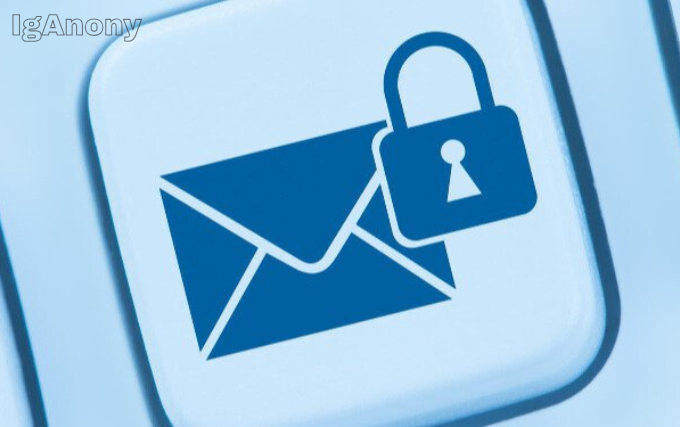Your inbox can contain everything from bank statements to personal conversations containing private information – making it a goldmine for cybercriminals. The more data they have on you, the more damage they can potentially do. That makes securing your email account an essential part of your digital life, so you can keep all your data safe – here’s a few top tips on how.
Keep Your Inbox Secure
Phishing scams have been around a long time, but they’re constantly evolving to be as believable as possible. Fraudsters masquerade with legitimate-seeming messages from your bank, social media, delivery companies and more. Usually, there’ll be a malicious link they want you to click, or to make you panic into sending over sensitive information that a legitimate business would never ask for.
The things to watch out for are urgency, requests for personal information, and suspicious email addresses – always hover over them to see their full information. When in doubt, navigate directly to the organisation’s website rather than clicking email links. Your future self will thank you.
Level Up Your Passwords
Phishing isn’t the only thing that’s improved online, with tools to crack through weak passwords also stepping up. You need strong, unique passwords for each individual account you have, blending upper and lowercase letters with numbers and symbols to make it as robust as possible. Password managers can help with this, giving you generated passwords for all your accounts while you only need to know your master password for the manager itself.
But here’s the real game-changer: two-factor authentication (2FA). This adds an extra security layer that requires you to verify your identity using a second piece of tech, usually a phone. So, even if your password is compromised, without your physical access to your device, they’re stopped in their tracks.
Think Twice Before You Click
The internet is a weird and wonderful place, but it’s not without its shadier areas. Whether it’s odd emails in your inbox or links to things online that seem too good to be true, think it through before you click.
These things are usually used by cybercriminals to get malware onto your computer or phone, especially if there’s an attachment or download waiting for you. This can include links from other, seemingly innocent users on social media who look to be helping people, sending links to useful things – but really, these could take you anywhere. So if anything lands in your inbox that seems a little odd, make sure to thoroughly interrogate it before clicking away.
Stay Updated and Stay Vigilant
Software updates might be frustrating when you just want your computer to shut down, or irritating asking you to restart your computer – but they’re providing crucial security patches. These help to fix issues that have been found which hackers might use to exploit. The same goes for your antivirus and firewall, as they need to be regularly updated to tackle the most recent cyberattack methods out there.
It’s also well worth monitoring your accounts manually for any suspicious activity, such as log-ins from other countries where you haven’t been. If you think your account is compromised, immediately change your password and contact the relevant authority for your account.
Email security isn’t rocket science, but it does require consistent effort. Your personal information is worth protecting, and if it’s valuable to criminals then it should be doubly valuable to you.






